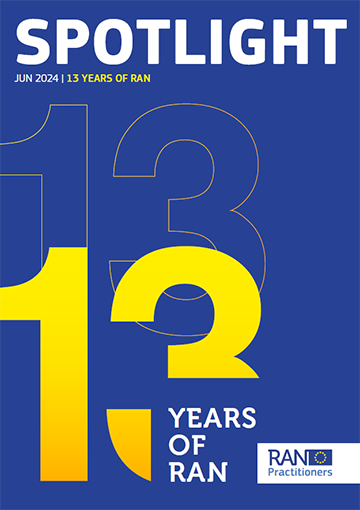
For 13 years now, the Radicalisation Awareness Network (RAN) has been supporting first-line practitioners across the EU in their efforts to prevent and counter violent extremism (P/CVE) in their communities, both on- and offline. RAN has become a benchmark in networking and collaboration in the...
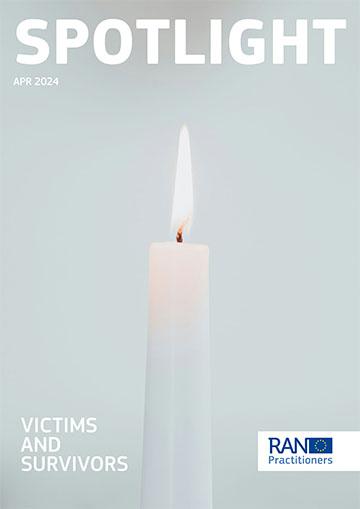
2024 is a significant year. It marks the 20th anniversary of the European Remembrance Day for Victims of Terrorism, which was first created in memory of those who lost their lives in the 2004 Madrid train bombings.
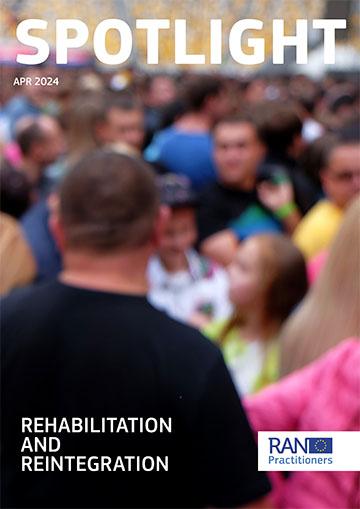
The rehabilitation and reintegration of individuals convicted of terrorism-related offences, those returning from conflict zones, including their families, and those leaving extremist groups is one of the biggest security challenges facing EU Member States today.

This edition of the Spotlight publication also provides a summary of some of the key activities that have been delivered, hearing from some of those practitioners who have been involved, including on the European Remembrance Day for Victims and Survivors of Terrorism, the new intake of young...

This edition of the RAN Practitioners Spotlight magazine therefore takes a look at some of these gender-related challenges, including trauma in men and boys, youth and masculinity, and incel propaganda, gender-related hate speech and misogyny.

This edition of the RAN Practitioners Spotlight magazine therefore takes a look at the nature of the mental health challenges, including personality disorders and childhood experiences, gender, training for practitioners and ethical considerations. The publication features a number of original...
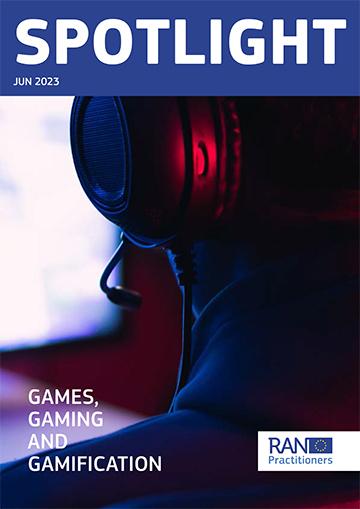
Online gaming represents one of the biggest and fastest growing industries globally with over 900 million gamers. Its growth is not only attributed to the development of online games and communities, but also to the game hosting and adjacent communications platforms that have been specifically...
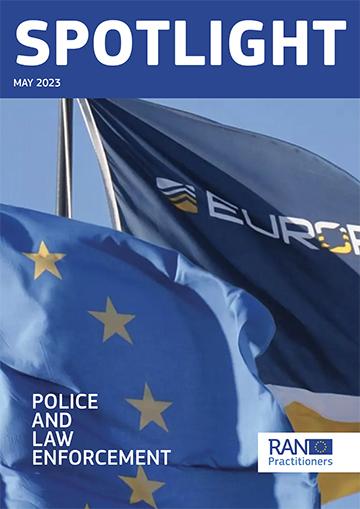
This edition of the RAN Practitioners Spotlight magazine therefore, takes a look at the important role of the police and law enforcement in preventing and countering violent extremism (P/ CVE).
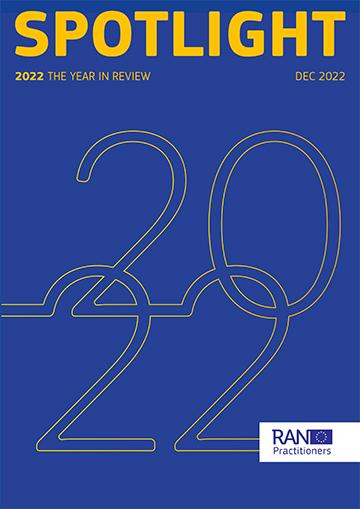
This edition of the Spotlight looks backs at several emerging P/CVE challenges and highlights key events. It provides an update on the main activities delivered. We hear from the practitioners who were involved in events like the European Remembrance Day for Victims and Survivors of Terrorism, the...
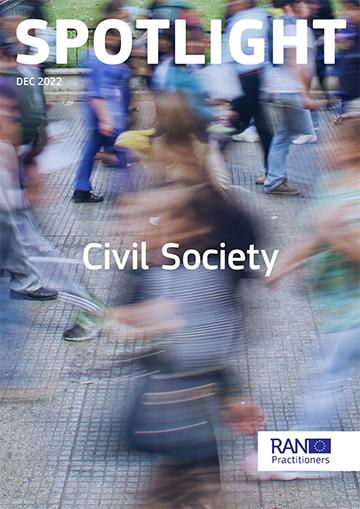
Violent extremist recruitment efforts are increasingly localised. They draw on local grievances and exploit local events to radicalise vulnerable individuals. It therefore often falls to social workers, youth workers, teachers and others on the frontline in communities, to tackle this challenge.
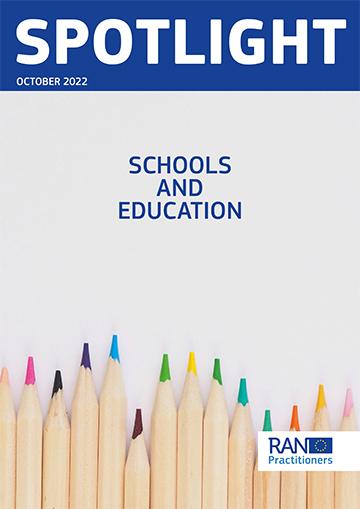
The main role of schools and universities is to prepare young people for adulthood and to become active citizens and positive members of society. In so doing, their role is to ensure that young people are equipped with the skills, tools and knowledge necessary to access opportunities and succeed in...
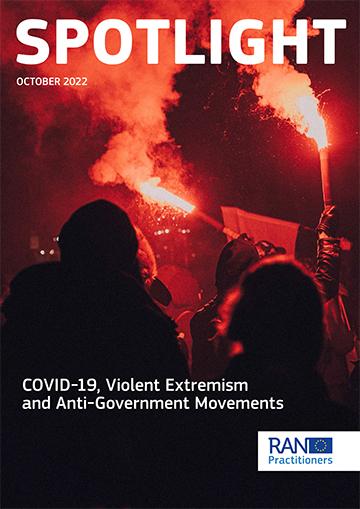
Fuelled by the COVID-19 pandemic and the corresponding measures taken by governments and authorities, there has been a surge in anti-government action throughout Europe.
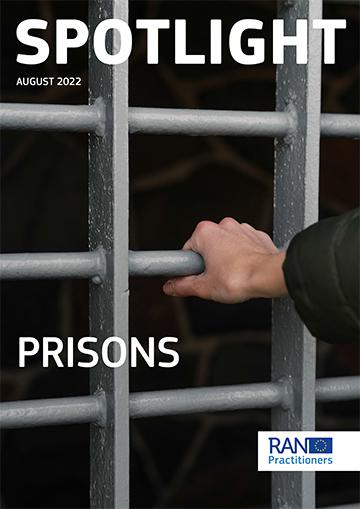
The number of individuals incarcerated in prisons across Europe for violent extremism and terrorist-related offences – including both those convicted of domestic terrorism and returned foreign terrorist fighters – has increased in recent years.
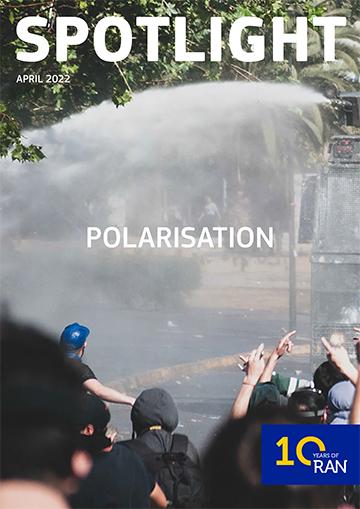
In this Spotlight, RAN practitioners and experts from outside of the network, share their insights on the polarisation challenge facing EU Member States today, and some of their work in addressing it.
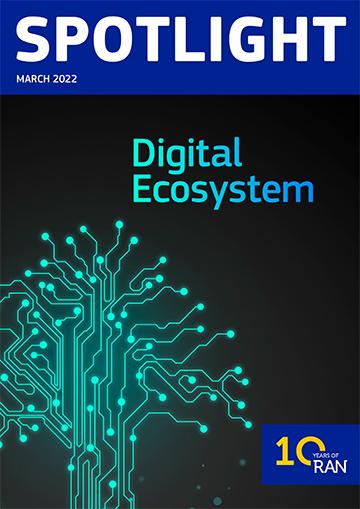
In this Spotlight, RAN practitioners and experts from outside of the network, share their insights on the digital ecosystem, and their work in addressing some of the digital challenges it presents.

As RAN Practitioners enters into a new year, Europe continues to straddle the ongoing battle between keeping societies and communities as open as possible, against the continual threat and disruption posed by the COVID-19 pandemic.
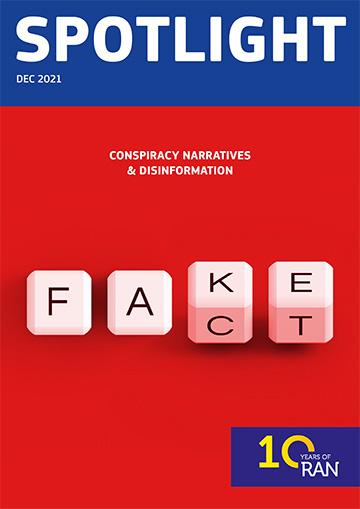
The propagation and proliferation of conspiracy narratives and disinformation is not a new phenomenon. It is an ongoing and systemic risk. However, in recent years, terrorist and extremist groups have increasingly utilised conspiracy ideologies as a tool for the radicalisation and recruitment of...
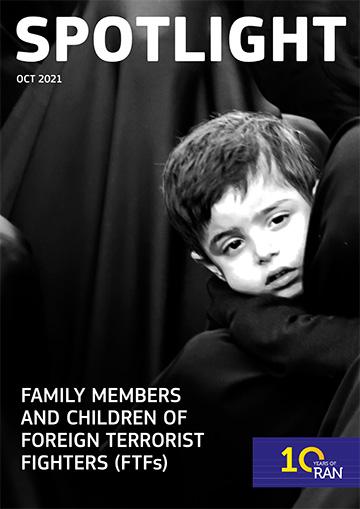
Following the collapse of the so-called Islamic State of Iraq and Syria (ISIS), Europe saw the return of Foreign Terrorist Fighters (FTFs), and their families, who had left EU Member States to fight in Iraq and Syria.

This year marks the tenth anniversary of the Radicalisation Awareness Network (RAN).
To commemorate and celebrate this momentous occasion, we have produced a special edition Spotlight magazine, which takes a look back at the past ten years of RAN, and looks ahead to the future.

The ongoing COVID-19 pandemic has given new opportunities for violent extremists and terrorists to radicalise and recruit.
During the pandemic they have particularly targeted vulnerable young people – who are spending more and more time online – through gaming platforms and chat rooms.
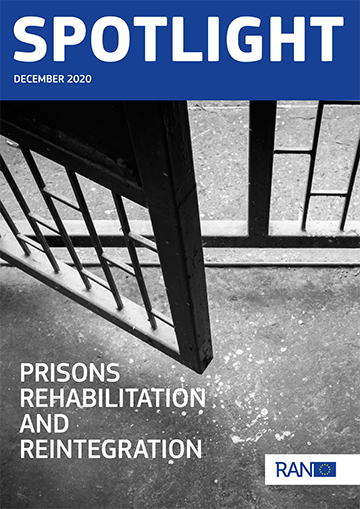
The ongoing Covid pandemic has given new opportunities for violent extremists to radicalise and recruit.
The proliferation of conspiracy theories and radicalising narratives has increased, while recent attacks in Austria, France and Germany show that the terrorist threat is still very present.

COVID is a seismic global event that has dramatically changed the world we live in. The impact of the pandemic has been wideranging and far-reaching.
Beyond the effects of the virus itself, the social and economic consequences have been great.

